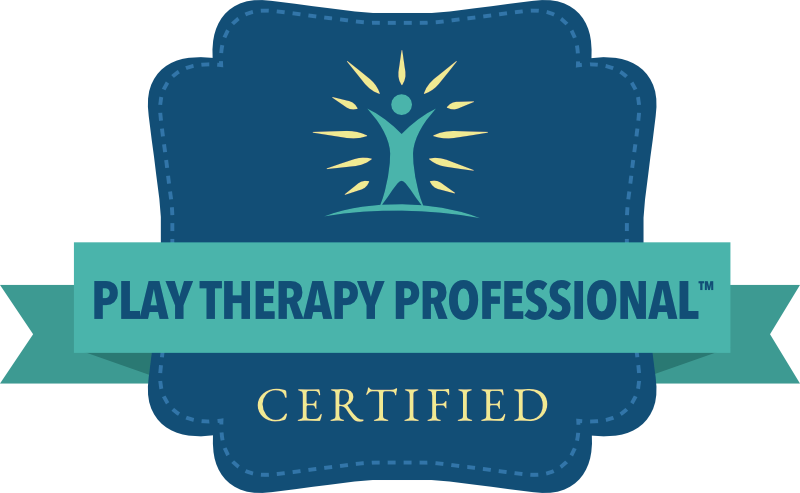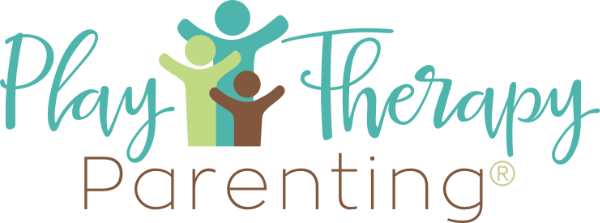The Addiction We’re Ignoring: Screen Time and Child Mental Health
In this episode, I dive deep into a concerning trend in child and adolescent psychotherapy: the use of video games in therapy. I address an email from Carolyn in Vermont, who asks about therapists using video games to engage “difficult” clients, often using person-centered language to justify this approach.
I express my strong concerns about this practice, arguing that it dilutes the essence of therapy and may stem from laziness. I emphasize the importance of emotional engagement in child therapy, especially from a child-centered model, and highlight the potential harm of increased screen time for children who may already be addicted to video games.
Drawing from my book on reducing screen time for children, I discuss the neurobiological impacts of excessive gaming and screen use. I stress the importance of returning to foundational therapeutic models rather than seeking “innovative” approaches that may compromise effective treatment. I also touch on the global recognition of screen addiction, citing examples from China’s strict regulations on youth gaming.
I conclude by calling on therapists to become advocates for children’s health and well-being by educating parents about the dangers of excessive screen time and actively monitoring screen use during consultations. I emphasize that this is a critical issue that requires our immediate attention and action.If you would like to ask me questions directly, check out www.ccptcollective.com, where I host two weekly Zoom calls filled with advanced CCPT case studies and session reviews, as well as member Q&A. You can take advantage of the two-week free trial to see if the CCPT Collective is right for you.
Ask Me Questions: Call (813) 812-5525, or email: [email protected]
Brenna’s CCPT Hub: https://www.playtherapynow.com
CCPT Collective (online community exclusively for CCPTs): https://www.ccptcollective.com
Podcast HQ: https://www.playtherapypodcast.com
APT Approved Play Therapy CE courses: https://childcenteredtraining.com
Twitter: @thekidcounselor https://twitter.com/thekidcounselor
Facebook: https://facebook.com/playtherapypodcast
The Hidden Dangers of Video Game Therapy: A Child-Centered Perspective
As a child therapist and advocate for healthy child development, I’ve noticed a concerning trend in child and adolescent psychotherapy: the use of video games in therapy sessions. This approach, while touted as innovative and engaging, raises serious questions about the nature of therapy and the well-being of our children.
The Allure of Video Game Therapy
Therapists advocating for this method claim that video games help build therapeutic relationships with “difficult to engage” clients. They often use person-centered language, suggesting that this approach meets clients where they are, honors who they are, or makes therapy more inclusive. Some argue that for children who are not very social, verbal, or are neurodivergent, this is the best way to interact with them.
The Dilution of Therapy
However, I believe this trend represents a dilution of what therapy is supposed to be, particularly for children and adolescents. Here’s why:
- Children need emotional engagement in therapy. They feel, rather than think through their issues.
- Video games require concentration and cognitive processing, which is a different track from emotional processing.
- Playing video games with a child doesn’t necessarily require clinical skill, potentially reducing the therapeutic value of the session.
The Neurobiological Impact of Video Games
The use of video games in therapy becomes even more concerning when we consider their neurobiological impact:
- Brain scans of children playing video games mirror those of drug addicts.
- Video games trigger the release of dopamine, adrenaline, and cortisol, affecting the child’s nervous system.
- Excessive gaming keeps children in a state of fight or flight, which is harmful to their overall well-being.
- Screen Addiction: A Real and Growing Problem
- Screen addiction, including video game addiction, is a serious issue that’s often overlooked:
- Children aged 8-18 self-report spending an average of 9 hours a day in front of screens.
- Internet addiction and video game addiction facilities are becoming more common.
- Some countries, like China, have implemented strict regulations on youth gaming due to addiction concerns.
The Impact on Creative Play
Excessive screen time and video game use can hinder a child’s ability to engage in creative, imaginative play:
- Children exposed to excessive screen time often replicate scenes from shows or games in their play.
- This mimicry can interfere with the child-centered play therapy process.
- Children may need to relearn how to play imaginatively and creatively.
The Role of Schools
Schools are inadvertently contributing to the problem by:
- Increasing reliance on screens for teaching and assignments.
- Using screens for movement breaks and as rewards.
- Requiring significant amounts of screen time for homework and online learning.
Our Responsibility as Therapists
As child therapists, we have a responsibility to:
- Educate parents about the dangers of excessive screen time.
- Advocate for reduced screen time in our consultations and therapy sessions.
- Stick to empirically validated, foundational therapeutic models rather than chasing “innovative” approaches that may be harmful.
A Call to Action
The use of video games in therapy is not the answer to engaging children in the therapeutic process. Instead, we need to return to the basics of child-centered play therapy, which allows children to process their emotions naturally through play. As therapists, parents, and educators, we must become advocates for children’s mental health by actively working to reduce screen time and promote healthier alternatives.
Let’s not be the generation that future therapists look back on and ask, “Why didn’t they stop this?” It’s our responsibility to protect our children from the hidden dangers of excessive screen time and video game use, both in and out of the therapy room.








